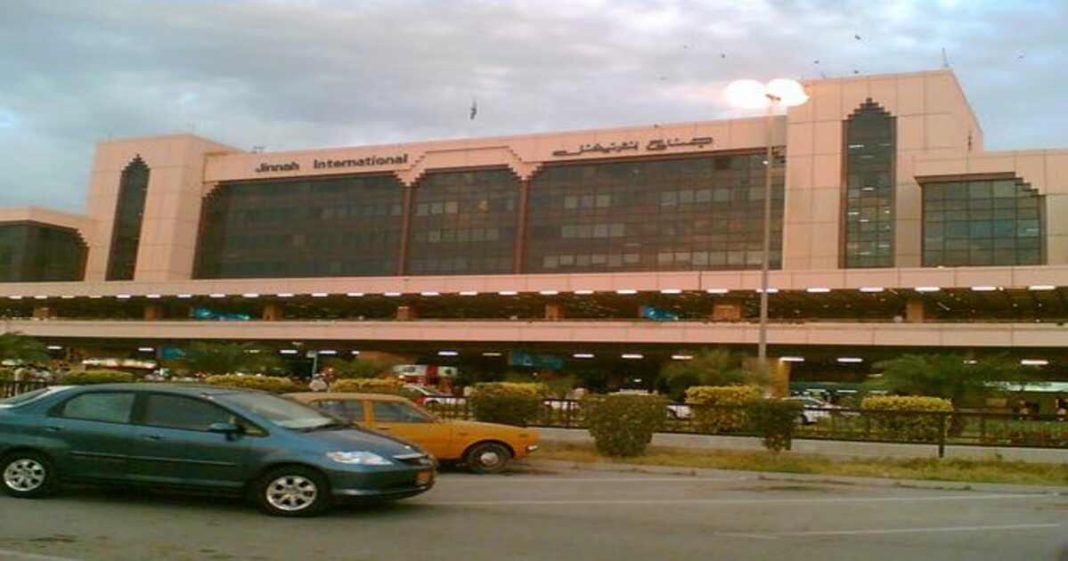the Federal Investigation Agency (FIA) in Pakistan has taken significant steps to combat the growing trend of individuals traveling to Saudi Arabia for begging under the guise of religious pilgrimage. The latest arrests at Karachi and Multan airports highlight a concerning issue of human trafficking and exploitation of the Umrah visa system, with officials determined to safeguard Pakistan’s international reputation.
Arrests at Karachi Airport
On Tuesday, FIA immigration officials at Karachi Airport arrested two women attempting to travel to Saudi Arabia for alleged begging activities. According to the FIA spokesperson, the women, identified as Patil Khatoon and Subhana, were preparing to board a flight to Saudi Arabia when suspicions were raised about their intentions. During the interrogation, neither woman could provide hotel bookings or sufficient funds for their travel, suggesting ulterior motives.
Read More: FIA cracks down on fake travel documents at Karachi Airport
The investigation further revealed that Subhana’s son has been residing illegally in Saudi Arabia since 2022, after traveling there on an Umrah visa. According to the FIA, both mother and son have been involved in begging activities. Following their arrest, the two women were transferred to Karachi’s Anti-Human Smuggling Circle for further legal action. FIA officials are now working to uncover more details regarding their involvement in organized human trafficking rings.
Broader Pattern of Exploitation
The arrests at Karachi Airport are not isolated incidents. Just days earlier, the FIA conducted another operation at Multan Airport, offloading 24 passengers who were allegedly posing as Umrah pilgrims but intended to engage in begging activities in Saudi Arabia. During the immigration process, the passengers confessed that their primary purpose for traveling was to seek alms, rather than religious pilgrimage.
This case is part of a larger pattern, with several similar incidents reported in recent months. For example, Munawar Hussain and Shafia Bibi, a couple with a history of traveling to Iraq, Iran, and Saudi Arabia for begging purposes, were intercepted by FIA officials at Faisalabad Airport last month. Their repeated attempts to travel without proper financial proof or documentation have raised concerns about the systematic exploitation of the Umrah visa system.
Concerns from Saudi Authorities
Saudi authorities have expressed growing concerns over the influx of Pakistani beggars into the country, particularly during the holy pilgrimage season. Officials fear that the presence of beggars disrupts the pilgrimage experience for genuine worshippers and could strain bilateral relations between Saudi Arabia and Pakistan. In response, Pakistan’s Ministry of Religious Affairs and Interior Minister Mohsin Naqvi have pledged to take stringent measures to curb the misuse of Umrah visas.
The FIA’s crackdown on beggars using religious visas reflects broader efforts to combat human trafficking and migrant smuggling. The Ministry of Overseas Pakistanis and Human Resource Development has disclosed to the Senate Committee on Overseas Pakistanis that a significant number of beggars are trafficked abroad through illegal channels. These operations are part of a larger national strategy to address organized crime and safeguard Pakistan’s image abroad.
Read More: FIA Blocks Moonis Elahi’s CNIC in Major Money Laundering Probe
FIA Director General Ahmad Ishaq Jahangir has emphasized Pakistan’s commitment to fighting human trafficking and organized crime, particularly as it relates to the exploitation of vulnerable populations for begging in foreign countries. Speaking at the 12th session of the Conference of the Parties (COP) for the United Nations Convention against Transnational Organized Crime, Jahangir advocated for a comprehensive strategy to tackle the root causes driving these crimes, including poverty, unemployment, and weak border control mechanisms.













